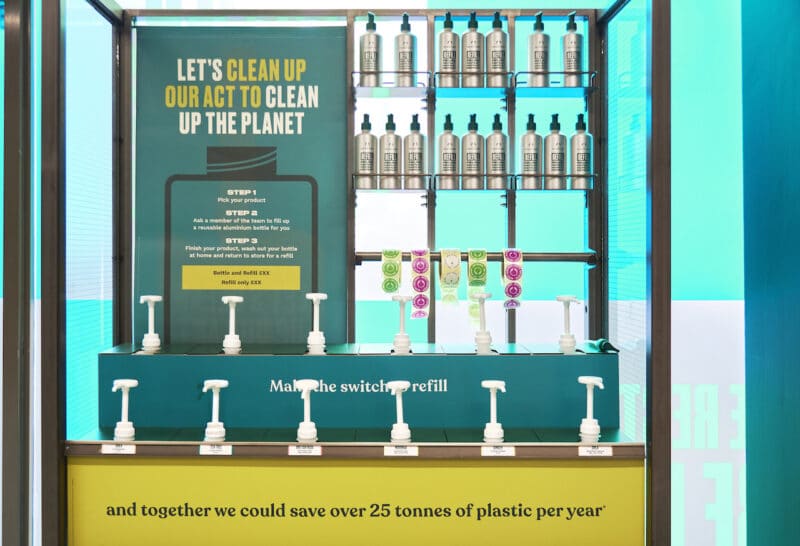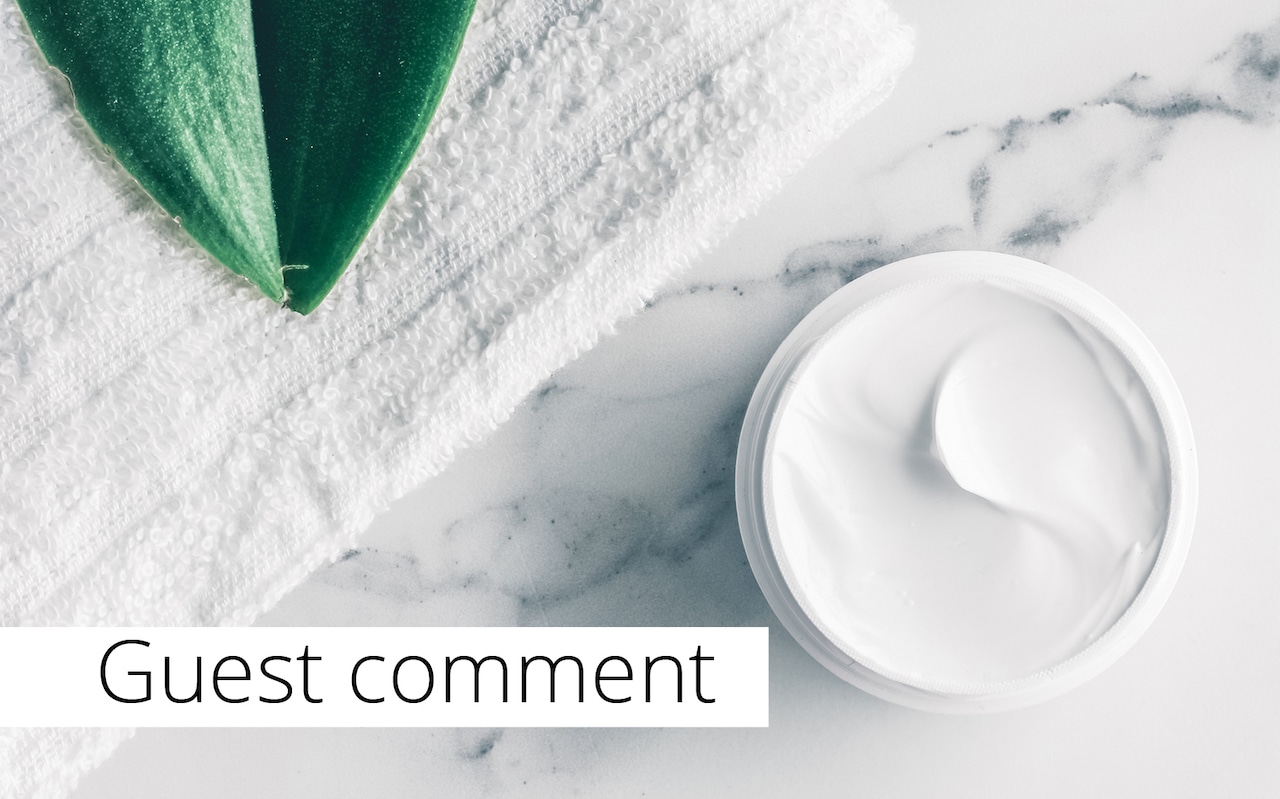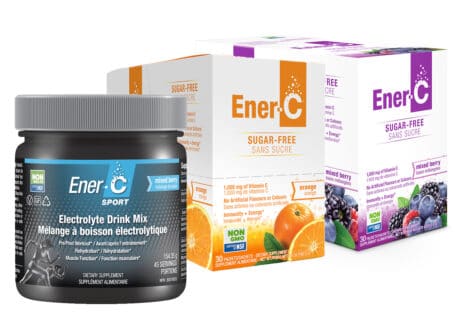How do you feel when your only option is to buy single-use plastic? If we’re honest with ourselves, most of us find it impossible to avoid having it in our lives. Plastic is anything but ‘throwaway’ and ‘single-use’ due to its longevity. It has gone from being seen as a marvel of modern design to a menace that threatens worldwide ecosystems.
A recent Greenpeace investigation revealed another case where plastic waste collected as recyclable household waste from the UK is being dumped abroad, in this case in Turkey. The waste is either left to pollute the ocean, dumped in fields and waterways, or burned, which significantly impacts the environment and creates health issues for locals. The problem is overproduction. A shocking example of this is drinks bottles: over 500 billion are sold every year; that is a million sold every minute, with half of those filled with water.
Shockingly, statistics show that out of 6.3 billion tonnes of plastic waste, only 9% is ever recycled. There has been a definite shift in the awareness of the issues related to this in recent years, yet despite this, plastic bags are still commonly used, and most disposable packaging is still plastic. Turning this tide are various companies and campaigns. Vegan Trademark holder Beauty Kitchen is one trailblazer, aiming to reduce the statistic of 95% of beauty packaging being thrown away with their Return Refill Repeat programme. SMOL produces completely plastic-free capsules for laundry and use returnable bottles for fabric conditioner. The Body Shop has introduced 400 refill stations with 400 more to come in 2022.
Supermarkets have a vast global footprint and therefore are a logical location for implementing pioneering schemes. Loop is currently in partnership with Tesco, with 300 products available in durable aluminium packaging; after use, the shopper will return empties that are cleaned and refilled. Waitrose runs the ‘Unpacked’ scheme in several stores, where shoppers bring their containers to fill up on various groceries. Consultancy Unpackaged has a vision for the future: to install giant vending machines where a returned bottle goes into a slot, and a tag tells the machine which product and amount to refill. This idea would require expensive technology and cooperation between brands.
Many small independent businesses like Greens Vegan Café in Stourport have refill schemes where customers can bring in their containers and use a pump dispenser on various products.
Jude, who runs the shop and café says: “We use Suma Ecoleaf (cleaning products) and Suma Alter/native (cosmetics) for our refill scheme. They provide five-litre recyclable drums which can be returned and put back into the manufacturing process after use.” Jude is also a participant of an app called Refill, from refill.org.uk, which connects people to locations where they can eat, drink and shop with less waste. Participating businesses can sign up to the app and place a sticker in their window to indicate their participation.
Reusing and refilling [means] less environmental impact and industrial processes than recycling. You’d think it was easy, wouldn’t you? Unfortunately, there are multiple barriers.
Jude comments: “Refill stations can bring problems such as slip hazards as well as the potential hazards of refilling the wrong product in the wrong bottle, which is why clear labelling is critical.”
Grab and go convenience is a difficult habit to break. There is a big consumer appetite for multiple brands, and refill schemes tend to come with less choice. A proactive approach is needed to address behaviour change, and incentives like points and reward schemes for refilling and reusing could be vital for moving forwards. There is also brand cooperation to consider; suppliers need to learn how to change well-established production lines and address concerns about cross-contamination when reducing plastic packaging for food. Significant changes to our current shopping habits will consequently be slow. Change on an individual level matters. I now use SMOL for my laundry and I am looking forward to using refill schemes when purchasing beauty products in future.

Image credit: The Body Shop





